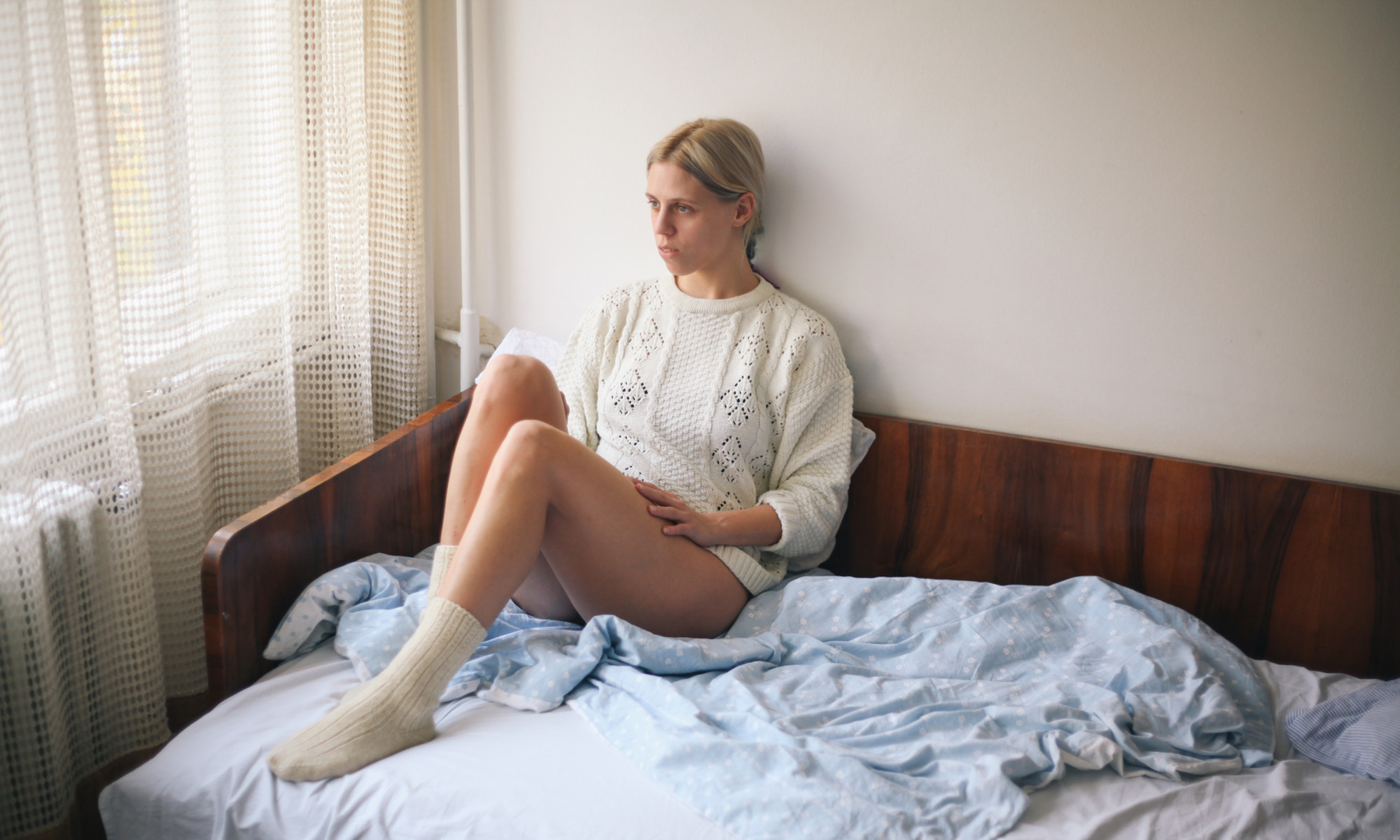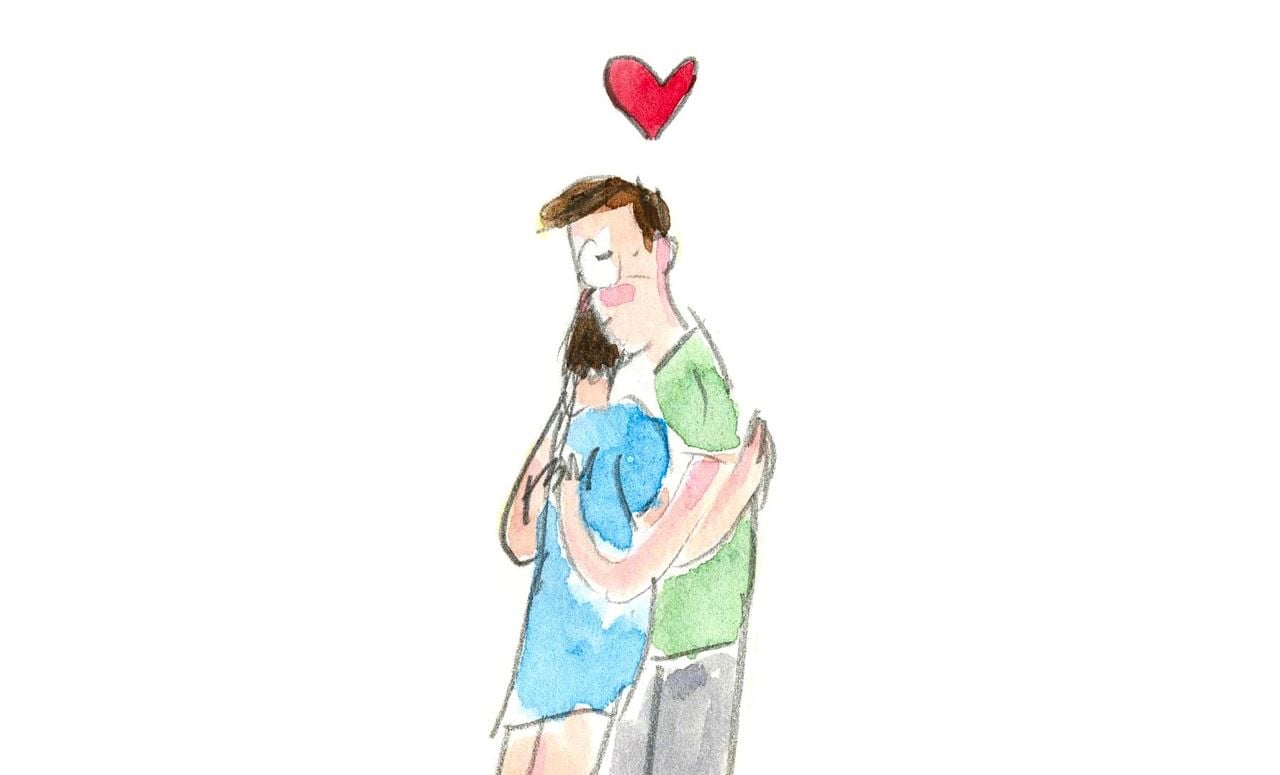7 Things to Stop Saving for “Someday”
We have a special place in our homes for a certain category of belongings. It’s not the junk drawer or the everyday cupboard. It’s the “someday” pile. These are the things we hold onto, not for the lives we’re...


We have a special place in our homes for a certain category of belongings. It’s not the junk drawer or the everyday cupboard. It’s the “someday” pile. These are the things we hold onto, not for the lives we’re living, but for the lives we might live one day.
We tell ourselves we’re being practical, prepared, or sentimental. But often, we’re just postponing a decision. We let these items gather dust in attics, basements, and closets, believing their potential future value is greater than their cost to us today. But what is that cost? It’s the physical space they occupy, and the mental energy required to store and manage them.
Meanwhile, all around us, people are living real lives with real needs right now. Your “someday” is someone else’s “today.” By holding onto usable items for a hypothetical future, we are withholding them from a community that could put them to immediate use.
It’s time to break the “someday” cycle. Here are seven things to stop saving and start sharing.
1. Outgrown Children’s Clothes and Gear.
That tiny onesie your child wore home from the hospital. The stroller that’s been sitting in the garage for years. Holding onto these items for a future grandchild is a beautiful thought, but it’s a long-term loan that ties up space and resources for decades.
Another family in your community could be using that stroller tomorrow. A new parent might desperately need those baby clothes. Passing these items along now turns nostalgia into a tangible act of support. Let your memories live in photos, not in plastic bins.
2. Maternity Clothes and Baby Supplies.
It’s easy to tuck these away after the baby arrives, thinking, “I might need these again.” But styles change, and life unfolds in unpredictable ways. That “just in case” box can sit for years, representing a season of life that has passed.
Another expecting mother is navigating that season right now, often on a tight budget. Your stored items could ease her burden and bring her genuine relief. Give her the gift of preparedness you once appreciated.
3. Unused Furniture.
The extra dining chairs in the basement. The desk from your old apartment. We save furniture for the bigger house we might buy or the guest room we might one day furnish. In the meantime, it becomes a monument to “maybe.”
This furniture could be filling an empty apartment for a young person starting out, or a family rebuilding after a hardship. A chair should be sat on. A table should be gathered around. Don’t let your furniture retire early; put it back to work in a home that needs it.
4. The “Skinny” or “Fancy” Clothes.
We’ve all done it—held onto clothes from a different time in our lives, waiting for our bodies or social calendars to change. But this habit can make our closets feel like a museum of past and potential selves, rather than a functional space for who we are now.
Those clothes could be worn by someone who fits into them today. Someone could be wearing that fancy dress to a job interview that changes their life. Free your clothes from storage and let them live up to their purpose: to be worn.
5. Excess Hobby Gear.
The art supplies for the painter you thought you’d become. The specialized kitchen gadget for the gourmet chef you planned to be. When a hobby doesn’t stick, the gear often gets boxed up, just in case inspiration strikes again.
But that “someday” inspiration is someone else’s current passion. A young artist would cherish those paints. A culinary student could put that gadget to use. Your dormant hobby could be the spark for someone else’s creativity.
6. Unused Linens and Towels.
It’s tempting to keep every spare sheet set and towel for the hypothetical flood of guests. But how many is too many? A linen closet bursting at the seams creates daily frustration for a future possibility that rarely materializes.
Animal shelters are almost always in desperate need of old towels and blankets to provide comfort for their animals. Your excess can provide warmth and comfort for a creature in need right now.
7. Books You’ll Never Read Again.
We often keep books as trophies, proof of what we’ve read or who we aspire to be. But a book sitting unopened on a shelf for a decade is just a block of paper. Its value is trapped.
A book’s true purpose is to be read, to spark thought, to provide escape. Little Free Libraries, schools, and community centers can put your books into immediate circulation. Release them back into the wild where they can work their magic on new readers.
Letting go of “someday” items is not an act of losing memories or giving up on the future. It is an act of generosity in the present. It’s a choice to believe that the best use of our possessions is to be useful. It clears our homes of phantom futures and makes room for a richer, more connected life today.

 ShanonG
ShanonG 
































